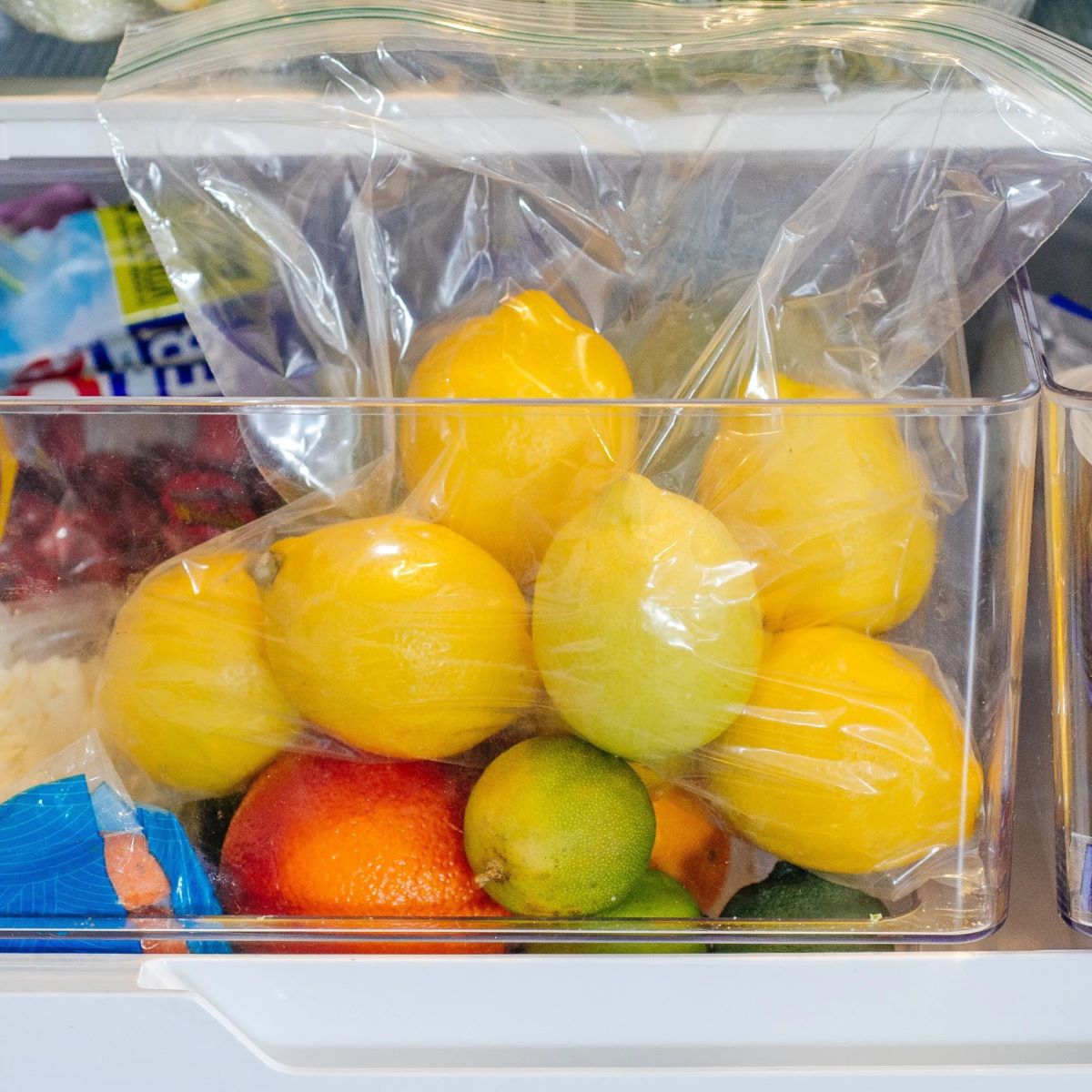

Articles
How To Store Lemon In Fridge For Long Time
Modified: February 23, 2024
Learn the best methods to store lemons in the fridge for extended freshness. Read our informative articles on proper lemon storage techniques today.
(Many of the links in this article redirect to a specific reviewed product. Your purchase of these products through affiliate links helps to generate commission for Storables.com, at no extra cost. Learn more)
Introduction
When life gives you lemons, store them in the fridge! We all know that lemons are a versatile and refreshing fruit used in various culinary creations. Whether it’s a zesty lemonade, a tangy salad dressing, or a flavorful marinade, lemons add a burst of flavor to dishes. However, without proper storage, lemons can quickly lose their freshness and vibrant taste.
In this article, we will explore why storing lemons in the fridge is essential for extending their shelf life and preserving their quality. Additionally, we will provide you with valuable tips on selecting the right lemons, preparing them for storage, and maximizing their freshness. So let’s dive in and discover the secrets to storing lemons properly!
Key Takeaways:
- Store lemons in the fridge to preserve their freshness, flavor, and nutrients. Follow proper preparation and storage techniques to ensure extended shelf life and enjoy the convenience of having vibrant lemons readily available for your culinary creations.
- Maximize the use of stored lemons in refreshing beverages, savory dishes, and sweet treats. From zesting and pickling to freezing for future use, explore the versatile ways to incorporate the zingy flavor of lemons into your culinary endeavors.
Why Store Lemons in the Fridge?
Storing lemons in the fridge is crucial for several reasons. Firstly, refrigeration helps to slow down the natural ripening process of lemons, allowing them to retain their freshness and flavor for a longer time. The cold temperature helps to preserve the juicy texture and tangy taste of lemons.
Furthermore, placing lemons in the fridge helps to inhibit the growth of bacteria and mold that can cause the fruit to spoil quickly. Lemons are more susceptible to spoilage at room temperature, especially in warm climates. By storing them in the fridge, you can extend their shelf life and minimize the risk of wastage.
Another advantage of refrigerating lemons is that the cold environment helps to prevent the loss of essential nutrients. Lemons are packed with valuable vitamins and antioxidants that provide numerous health benefits. Refrigeration helps to preserve these nutrients, allowing you to reap the maximum nutritional value when using the lemons.
Additionally, when lemons are stored in the fridge, they become chilled and refreshing, making them even more enjoyable to use in various recipes. The cool temperature enhances the taste and texture of the fruit, creating a delightful and invigorating experience when you squeeze out the juice or zest the peel.
Overall, by storing lemons in the fridge, you can prolong their shelf life, maintain their quality, preserve their nutrients, and enhance their taste. It’s a simple yet effective way to ensure that you always have fresh and flavorful lemons readily available in your kitchen.
Selecting the Right Lemons
Choosing the right lemons is the first step to ensuring optimal freshness and flavor when storing them in the fridge. Here are some tips to help you select the best lemons:
- Look for brightly colored lemons: Choose lemons that have a vibrant yellow color, as this indicates that they are ripe and ready to be used. Avoid lemons that have a dull or greenish hue, as they may not be fully matured.
- Check for firmness: Gently squeeze the lemons to feel if they are firm and plump. Avoid lemons that are overly soft or have wrinkled skin, as these are signs of aging and potential deterioration.
- Inspect the skin: Examine the skin of the lemons for any blemishes, bruises, or mold. Opt for lemons with smooth and unblemished skin, as it is a good indicator of freshness.
- Consider the size: Lemons come in different sizes, but the size doesn’t necessarily indicate their quality. Choose lemons that feel substantial and heavy for their size, as they tend to have more juice.
When selecting lemons, it’s essential to trust your senses. Their aroma should be fresh and citrusy, and they should have a mildly sweet fragrance. Avoid lemons with a sour or fermented smell, as this may indicate spoilage.
Remember that the quality and freshness of the lemons you select will impact how long they can be stored in the fridge and how well they will hold up over time. So take your time to choose the best lemons available to ensure a delightful culinary experience.
Preparing Lemons for Storage
Before you store lemons in the fridge, it’s important to properly prepare them to maximize their freshness. Here are the steps to follow:
- Wash the lemons: Rinse the lemons under cool running water to remove any dirt or debris from the surface. Use your hands or a gentle scrub brush to clean the skin. This step is especially important if you’re storing organic lemons, as they may have traces of natural substances on the skin.
- Dry the lemons: After washing, pat the lemons dry with a clean kitchen towel or paper towels. Ensuring that the lemons are completely dry helps prevent the growth of mold or bacteria during storage.
- Optional: Zest the lemons (if desired): If you plan to use lemon zest in your recipes, it’s best to zest the lemons before storing them. Use a zester or a fine grater to remove the outer layer of the lemon peel. Store the zest separately in an airtight container and refrigerate or freeze it for later use.
- Leave the lemons whole or slice them (optional): Depending on your preference and intended use, you can store lemons as whole fruits or slice them. Sliced lemons are convenient if you frequently use lemon wedges for beverages or garnishing. Keep in mind that sliced lemons may dry out faster than whole ones, so consider your usage patterns when deciding.
Once you have prepared the lemons, you’re ready to store them in the fridge. It’s important to note that lemons can be stored for several weeks in the fridge if properly prepared and handled. By following these preparation steps, you can help maintain the freshness and quality of the lemons until you’re ready to use them.
To store lemons in the fridge for a long time, place them in a resealable plastic bag or airtight container to prevent them from drying out. This will help keep them fresh for up to 4 weeks.
Storing Lemons in the Fridge
Now that you have prepared your lemons, it’s time to store them in the fridge to maintain their freshness and maximize their shelf life. Here are the steps to follow when storing lemons:
- Choose an airtight container: Select a container that is large enough to hold the lemons without overcrowding them. Ideally, use a sealable plastic bag or a plastic container with a tight-fitting lid to prevent moisture loss and protect the lemons from absorbing odors from other foods in the fridge.
- Place the lemons in the container: If you are storing whole lemons, simply place them in the container. If you have sliced the lemons, arrange the slices in a single layer inside the container. To prevent the lemons from sticking together, you can place a layer of parchment or wax paper between each lemon slice.
- Seal the container: Ensure that the container is tightly sealed to create a barrier against moisture and external odors. This step is crucial for maintaining the freshness and taste of the lemons.
- Store in the refrigerator: Place the container of lemons in a designated spot in the refrigerator. The ideal temperature for storing lemons is between 40°F (4°C) and 45°F (7°C). Avoid storing them in the coldest part of the fridge, such as the back of the lower shelf or the crisper drawer, as extreme cold can impact the taste and texture of the lemons.
It’s important to note that lemons can still absorb odors from the fridge, even when stored in an airtight container. To minimize this risk, you can place the container of lemons in a separate compartment or in a designated section away from strong-smelling foods.
Remember to handle the lemons with care when retrieving them from the fridge. Avoid squeezing or pressing them excessively, as this can cause bruising and accelerate spoilage. Instead, gently remove the lemons from the container when you’re ready to use them.
By following these steps, you can ensure that your lemons remain fresh, juicy, and flavorful throughout their time in the fridge. Enjoy the convenience of having fresh lemons readily available whenever your culinary creations call for a burst of citrusy goodness!
Tips for Extended Lemon Freshness
In addition to storing lemons in the fridge, there are a few extra tips you can follow to further extend their freshness and quality. Here are some valuable tips to keep in mind:
- Separate lemons from other produce: Lemons release a natural gas called ethylene, which can accelerate the ripening process of other fruits and vegetables. To prevent premature spoilage, store lemons separately from other produce in the fridge.
- Avoid washing until ready to use: While it’s important to wash lemons before preparing them, it’s best to do so right before using them. Excess moisture can promote mold growth and reduce the lemons’ shelf life.
- Discard any damaged or spoiled lemons: Check your stash of stored lemons regularly and remove any that show signs of decay or mold. Removing these lemons promptly will help prevent the spread of spoilage to the rest of the batch.
- Consider freezing lemon juice or zest: If you find that you have an abundance of lemons and won’t be able to use them before they spoil, consider freezing their juice or zest. Freshly squeezed lemon juice or grated lemon zest can be frozen in ice cube trays or in sealed containers. This allows you to have lemon flavor readily available for future use.
- Rotate your stock: When using your stored lemons, be sure to rotate them to ensure that the oldest ones get used first. This prevents any lemons from going bad unnoticed and helps avoid wastage.
By following these tips, you can maintain the freshness and flavor of your lemons for an extended period. This allows you to enjoy the benefits of lemons in your dishes and beverages whenever you need them, without worrying about them spoiling or losing their zest.
Using Stored Lemons
Now that you have successfully stored lemons in the fridge and have extended their freshness, it’s time to put them to good use! Here are some creative ways to incorporate your stored lemons into your culinary endeavors:
- Lemonade and beverages: Squeeze the juice from your stored lemons to make refreshing lemonade or add a tangy twist to your favorite beverages. You can also infuse water with lemon slices for a refreshing and detoxifying drink.
- Cooking and baking: Lemons are a versatile ingredient that adds a zesty, citrusy flavor to both savory and sweet dishes. Use the juice and zest in marinades, dressings, sauces, and desserts such as lemon bars, cakes, pies, or tarts.
- Zesting and garnishing: Grate the zest from your stored lemons to add a bright and aromatic touch to your dishes. Lemon zest is perfect for garnishing salads, pasta dishes, seafood, desserts, and even cocktails.
- Pickling and preserving: Lemons can be preserved and pickled to create a flavorful condiment. Preserved lemons are commonly used in Mediterranean and Middle Eastern cuisines to add a unique tangy and briny flavor to dishes like tagines, stews, and salads.
- Freezing for future use: If you have more lemons than you can use before they spoil, you can freeze the juice or zest for future recipes. Simply squeeze the juice into ice cube trays or freeze the zest in sealed containers. This allows you to have a readily available source of lemon flavor whenever you need it.
Remember to adjust the quantity of lemon juice or zest according to your taste preferences and the recipe requirements. The zingy and vibrant flavor of lemons can uplift any dish and bring a refreshing twist to your culinary creations.
Whether you’re a cooking enthusiast, a baking aficionado, or a fan of refreshing beverages, stored lemons provide a convenient and versatile ingredient to elevate your culinary adventures. So get creative, explore new recipes, and enjoy the zesty flavors that lemons bring to your dishes!
Frequently Asked Questions about How To Store Lemon In Fridge For Long Time
Was this page helpful?
At Storables.com, we guarantee accurate and reliable information. Our content, validated by Expert Board Contributors, is crafted following stringent Editorial Policies. We're committed to providing you with well-researched, expert-backed insights for all your informational needs.
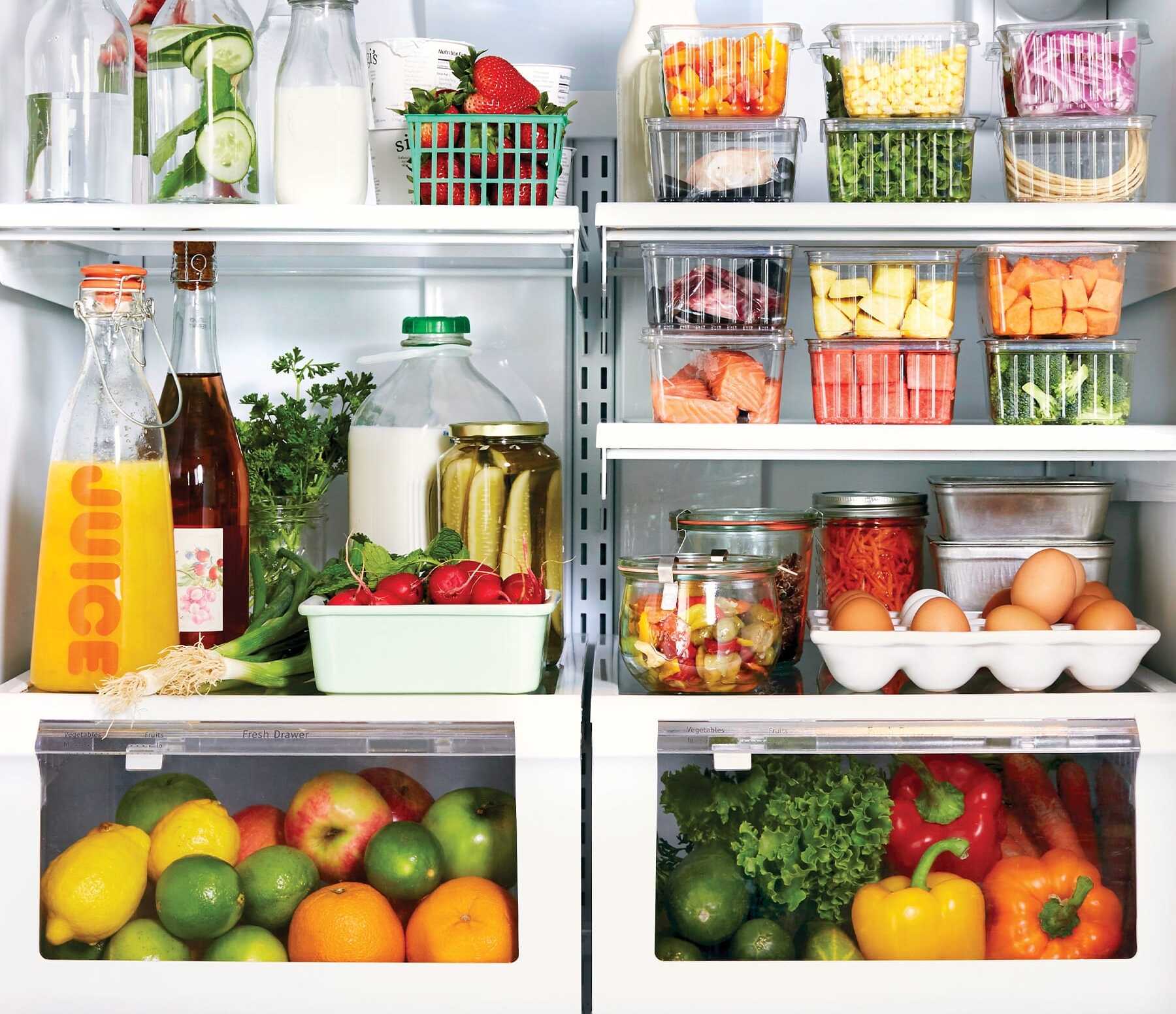

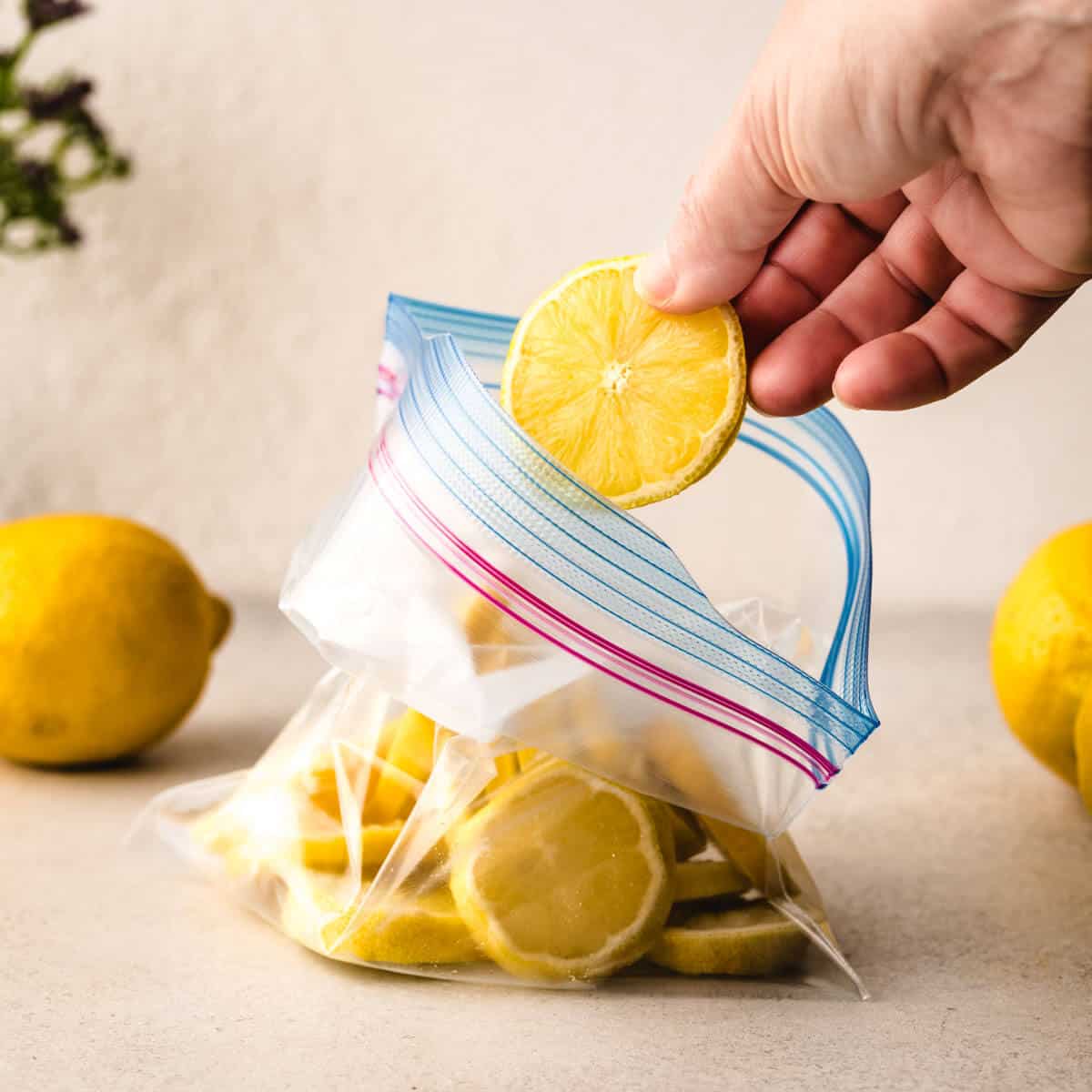




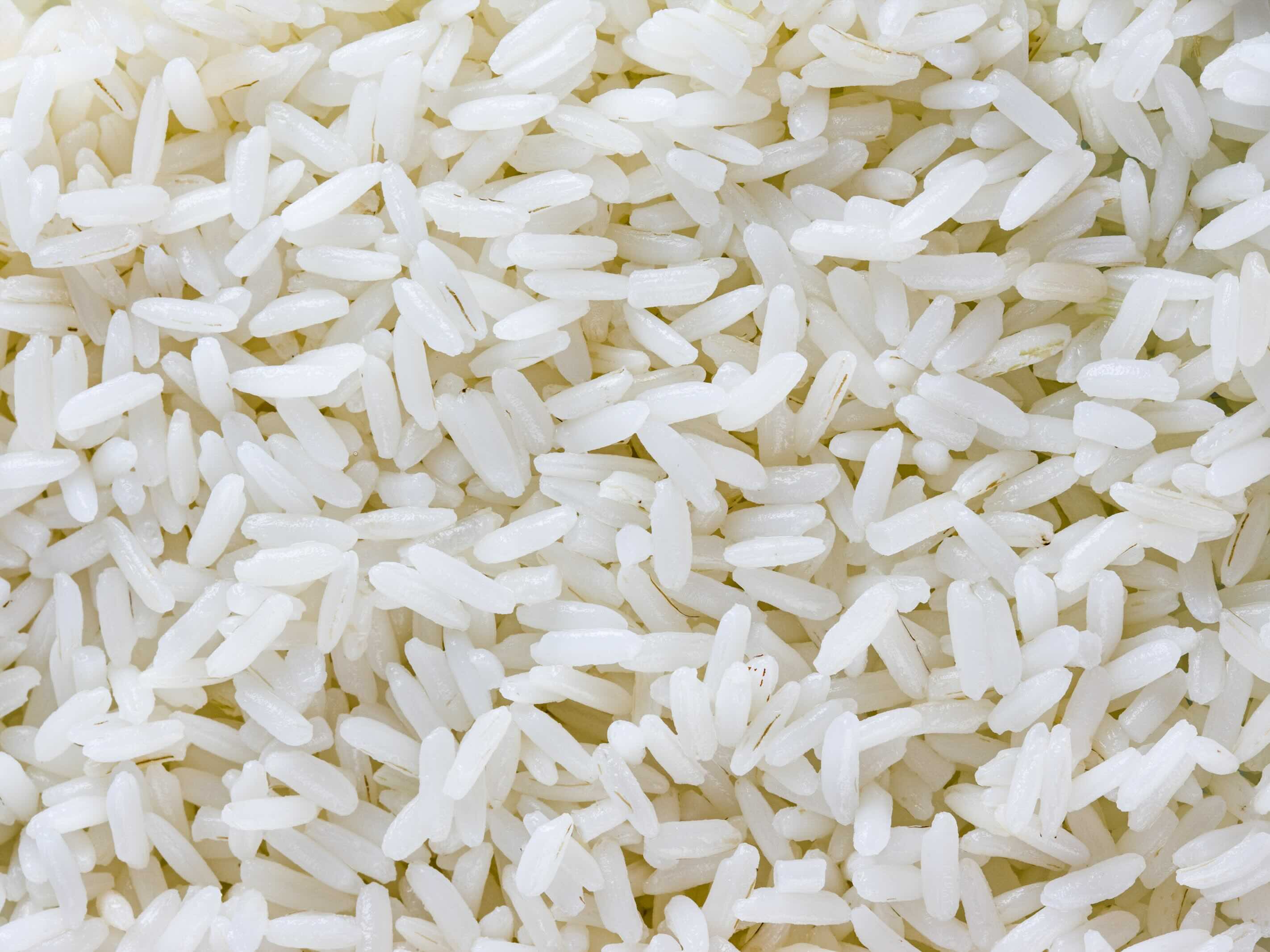

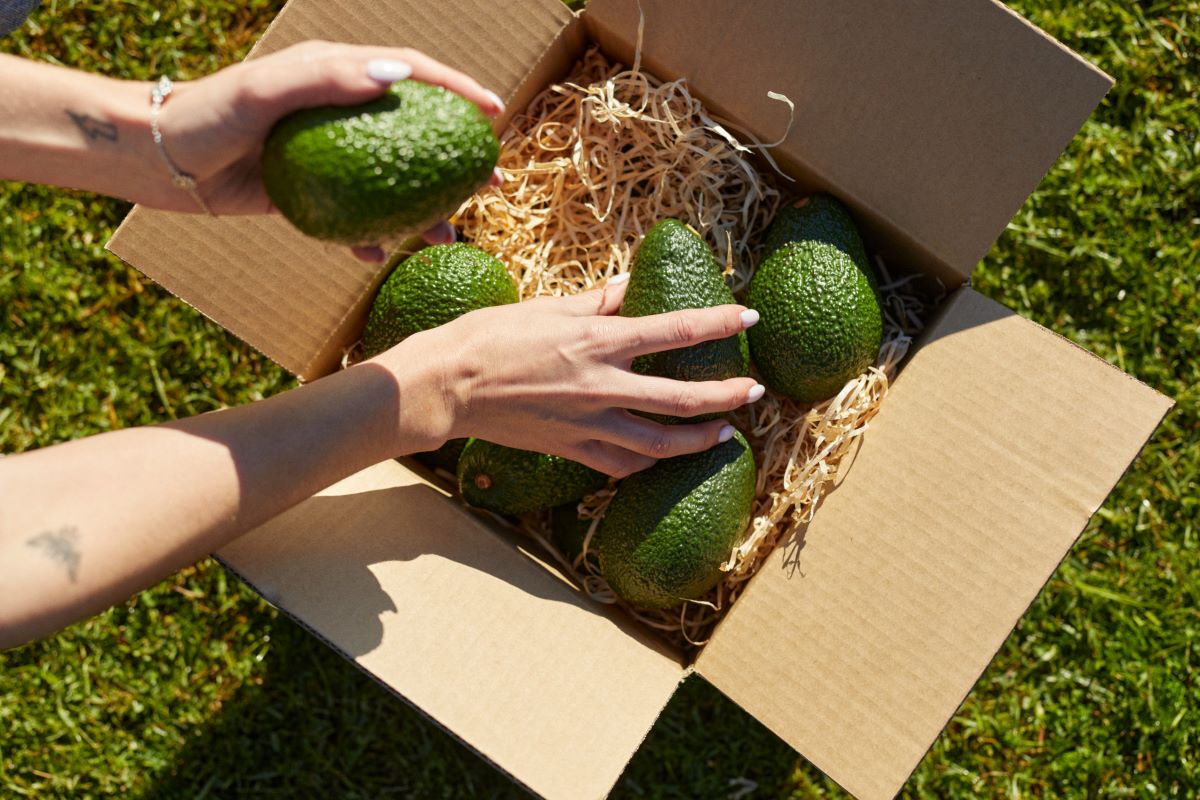
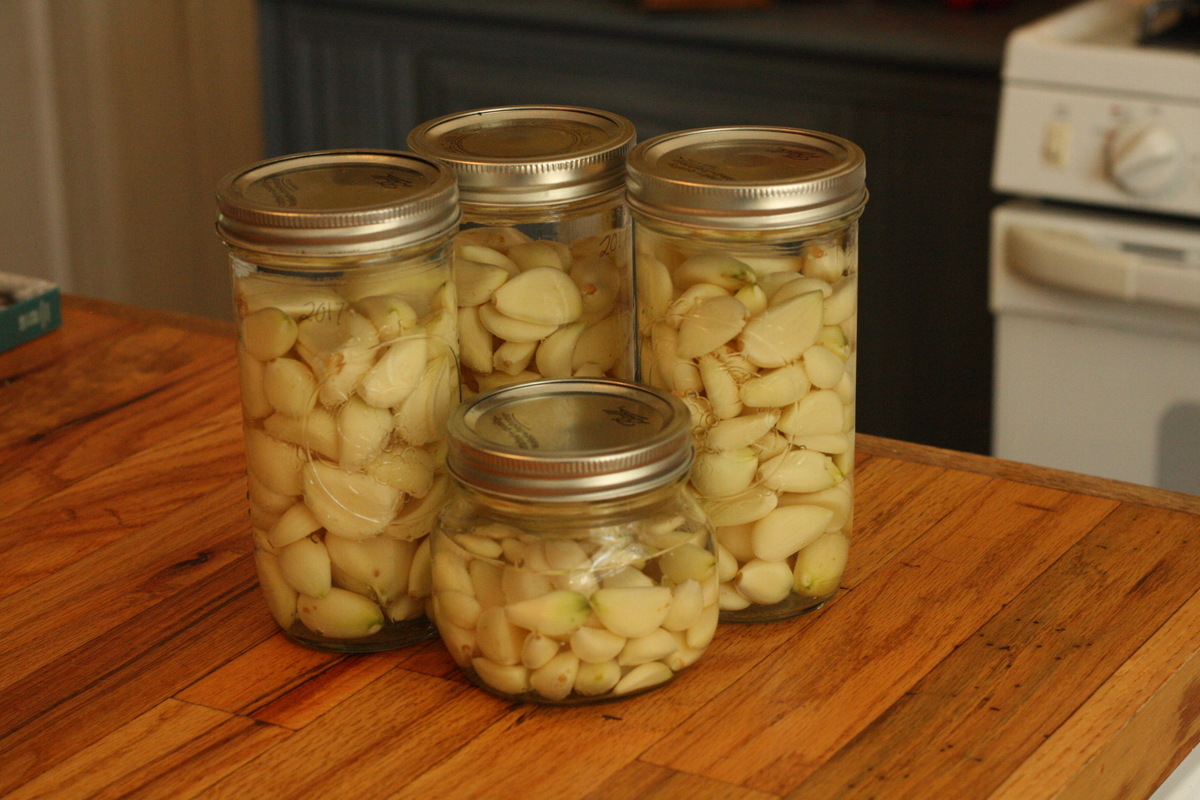
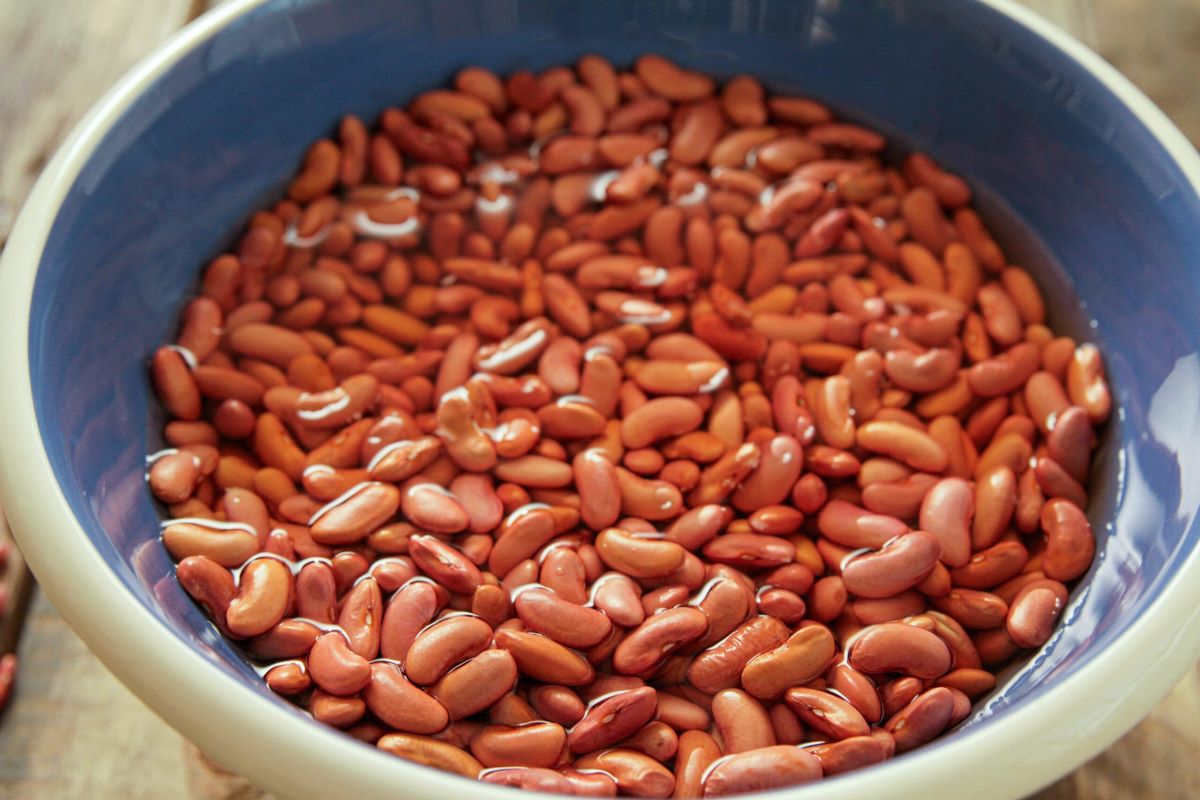



0 thoughts on “How To Store Lemon In Fridge For Long Time”